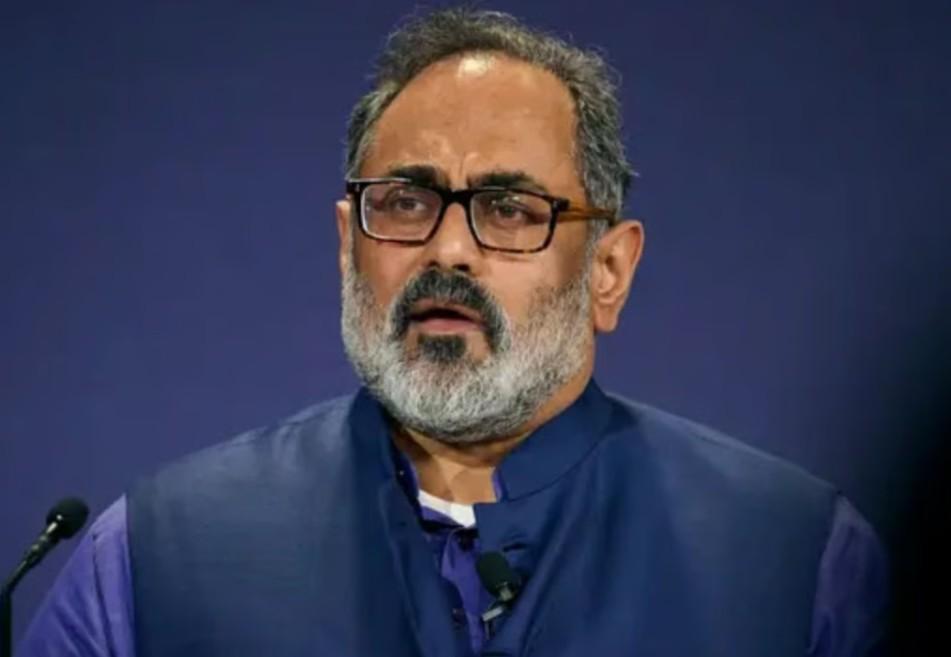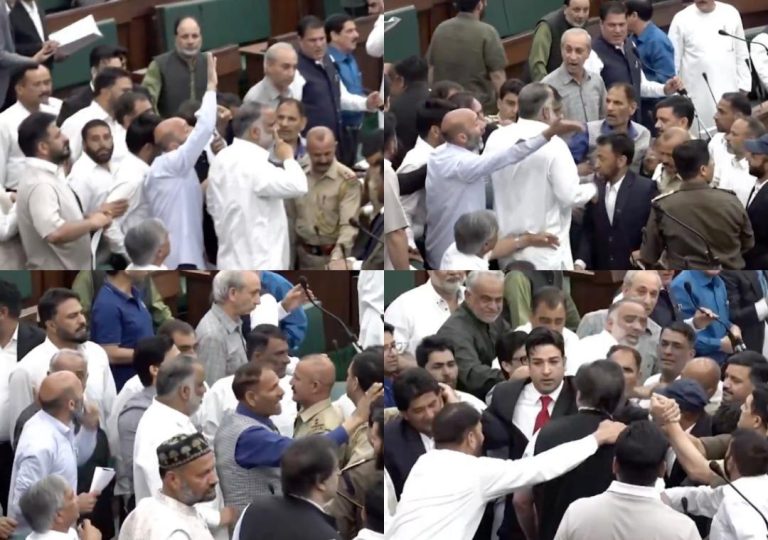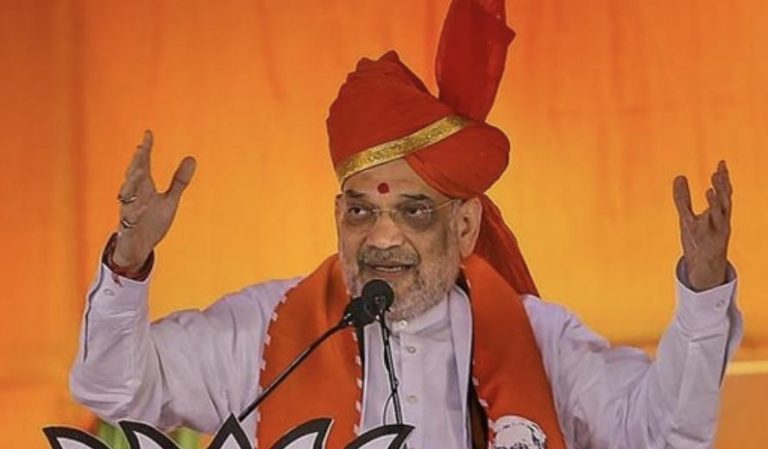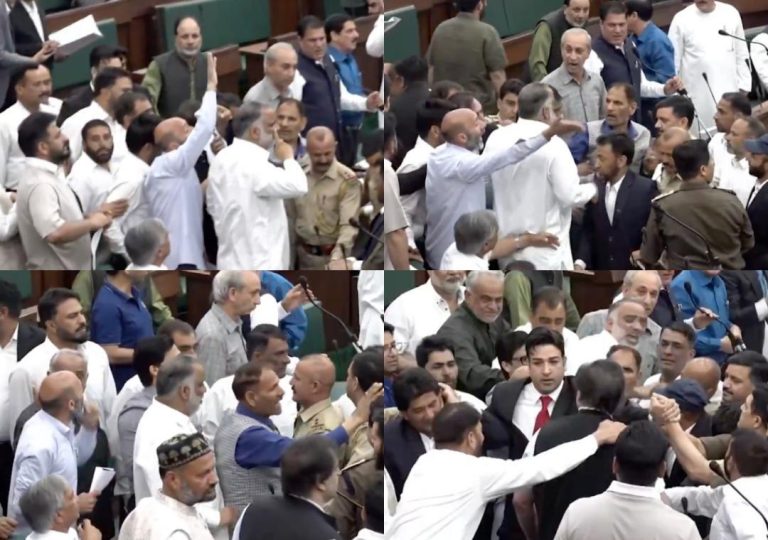
Rahul should read & learn the Constitution: BJP’s Chandrasekhar
In a recent tweet, BJP leader Rajeev Chandrasekhar took a jibe at Congress leader Rahul Gandhi, criticizing him for his criticism of the Waqf Bill. The Waqf Bill, which was passed by the Indian Parliament in 2020, aims to ensure that Waqf land is used for the benefit of the poor and needy, rather than being misused by corrupt politicians and builders.
Chandrasekhar, a member of the Rajya Sabha, took to Twitter to express his disappointment with Rahul Gandhi’s criticism of the bill. In his tweet, he said, “One thing I recommend to Constitution-waving, India-bashing Rahul Gandhi is that he reads, learns the Constitution.” He further added, “PM Narendra Modi’s [Waqf Bill]…ensures that Waqf land is used for the benefit of poor Muslims not rich Cong builder/politicians.”
It is worth noting that Rahul Gandhi has been a vocal critic of the Waqf Bill, claiming that it is an attempt by the BJP-led government to misuse Waqf land for its own political benefit. However, the BJP and other supporters of the bill argue that it is a necessary measure to ensure that Waqf land is used for the benefit of the poor and needy, rather than being misused by corrupt politicians and builders.
Chandrasekhar’s tweet is a clear indication of the growing tensions between the BJP and the Congress over the Waqf Bill. The BJP has long been critical of the Congress for its alleged misuse of Waqf land, and Chandrasekhar’s tweet is a clear attempt to highlight the differences between the two parties.
But what is the significance of the Waqf Bill, and why is it such a contentious issue? To understand the context, it is necessary to go back to the history of Waqf land in India.
Waqf land refers to land that has been dedicated to religious or charitable purposes. In India, Waqf land is managed by the Waqf Board, which is responsible for ensuring that the land is used for the benefit of the poor and needy. However, over the years, there have been allegations of corrupt politicians and builders misusing Waqf land for their own gain.
The Waqf Bill was passed by the Indian Parliament in 2020 in an attempt to address these concerns. The bill aims to ensure that Waqf land is used for the benefit of the poor and needy, rather than being misused by corrupt politicians and builders. The bill also establishes a new framework for the management of Waqf land, which includes the creation of a new Waqf Board and the establishment of a system of accountability and transparency.
In response to the passing of the Waqf Bill, Rahul Gandhi has accused the BJP-led government of attempting to misuse Waqf land for its own political benefit. Gandhi has claimed that the bill is a clear attempt by the BJP to divert attention away from its own failures and to gain political advantage.
However, the BJP and other supporters of the bill argue that it is a necessary measure to ensure that Waqf land is used for the benefit of the poor and needy. They argue that the bill is a clear attempt to address the concerns of the Muslim community and to ensure that Waqf land is used for the benefit of the poor and needy, rather than being misused by corrupt politicians and builders.
In conclusion, the Waqf Bill is a contentious issue that has sparked a heated debate between the BJP and the Congress. While Rahul Gandhi has criticized the bill, claiming that it is an attempt by the BJP to misuse Waqf land for its own political benefit, the BJP and other supporters of the bill argue that it is a necessary measure to ensure that Waqf land is used for the benefit of the poor and needy.
As the debate continues, it is clear that the Waqf Bill is a significant issue that has the potential to impact the lives of millions of people in India. It is essential that the government and the opposition work together to address the concerns of the Muslim community and to ensure that Waqf land is used for the benefit of the poor and needy.




